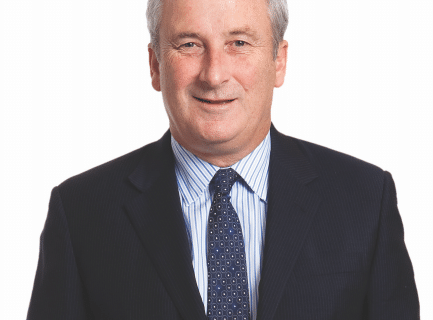
Professor Thomas Kay
St Vincent’s Institute
- 13:30
- Monash University Clayton Campus, G19 Ground Floor 15 Innovation Walk
- Australian Regenerative Medicine Institute
Abstract
At least six Australians, mostly children, are diagnosed each day with type 1 diabetes (T1D). The disease places an extraordinary burden on individuals and their families, as well as on the healthcare system. It involves a lifelong need for multiple daily insulin injections or insulin infusion by pump to stay alive, along with frequent blood glucose measurements and strict lifestyle regulation. There have been major advances in insulin delivery, but controlling blood glucose is still difficult, and current treatment is associated with the risk of potentially lifethreatening complications both acute (e.g. hypoglycemia) and long-term (e.g. vascular). Major advances have also been made in understanding the mechanisms underlying T1D. These include the dominance of HLA in genetic predisposition, the role of proinsulin as the primary antigenic target of the autoimmune response, and the early appearance and predictive value of islet autoantibodies. Other mechanisms remain uncertain, including how the modern environment affects genetic susceptibility. Prevention of T1D or restoration of beta-cell function after diagnosis remain elusive. T1D is first and foremost an immune disease, yet it is still treated as a hormone deficiency disease. Our challenge is to change the paradigm and transform the approach to T1D.
Bio
Tom Kay is Director of St Vincent’s Institute of Medical Research and the newly established Aikenhead Centre at St. Vincent’s in Melbourne, as well as continuing an active role in SVI’s type 1 diabetes research group. He is Chief Investigator “A” on an NHMRC Program Grant entitled “Pathogenesis-based Treatment of Type 1 Diabetes”. He graduated in medicine from the University of Melbourne, trained in clinical endocrinology at the Royal Melbourne Hospital, completed a PhD in immunology at the Walter and Eliza Hall Institute and a post-doctoral fellowship at the Massachusetts General Hospital. He leads the Victorian node of the Australian Islet Transplant Consortium. His research interests include the immune mechanisms by which insulin- producing beta cells are destroyed in diabetes and proinsulin-specific immune tolerance.
